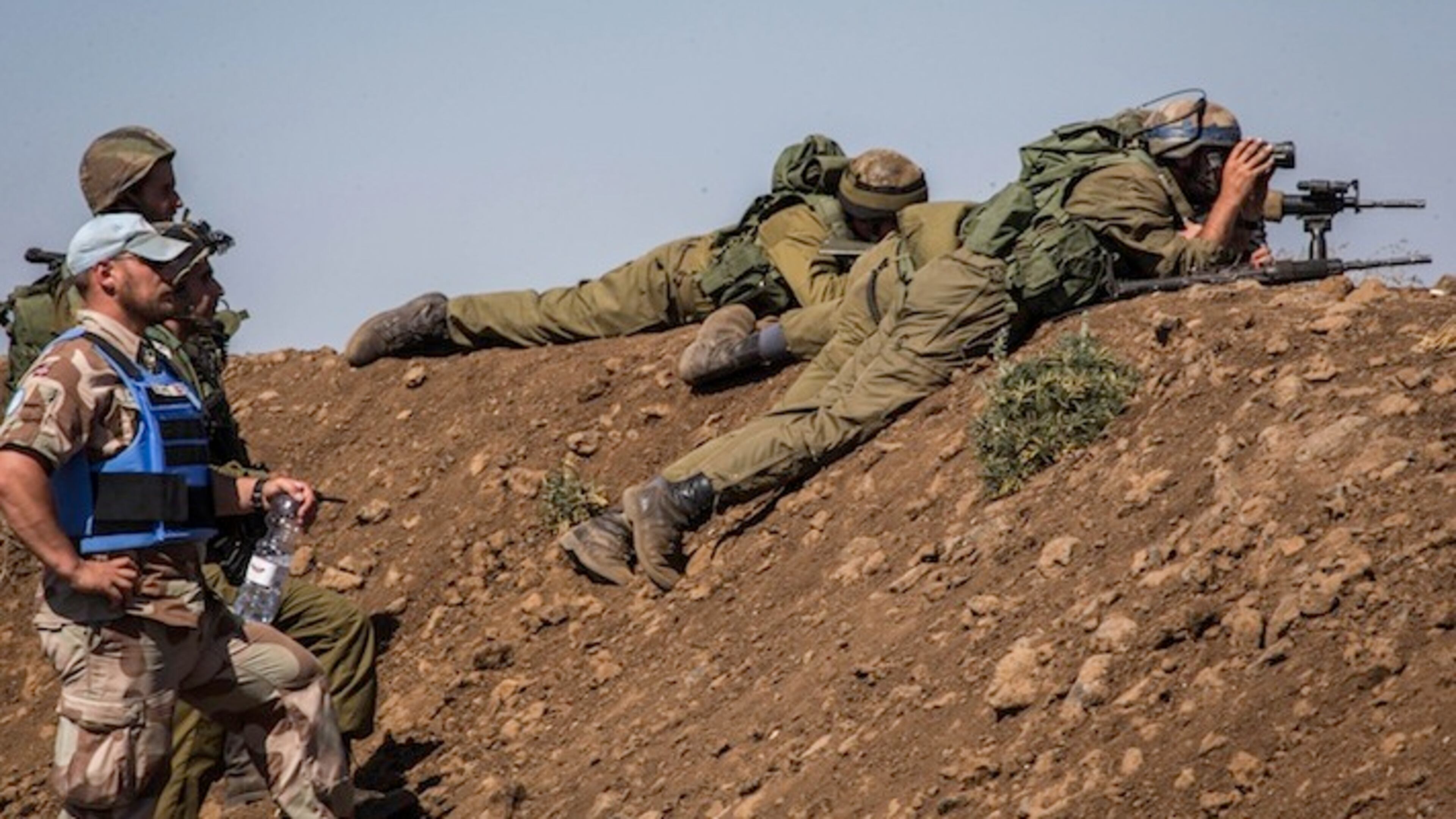UN's peacekeepers face new peril in Trump's push to cut budget

At her January confirmation hearing to become ambassador to the United Nations, Nikki Haley caused a stir among diplomats when she said she'd consider slashing U.S. funding for one of the international body's most potent symbols: the U.N. peacekeeping force. For decades, the blue-helmeted troops have been sent to preserve uneasy truces and keep violence from erupting in some of the world's most impoverished and volatile places.
Haley, the former governor of South Carolina, argued peacekeepers are increasingly asked not just to avert wars but wage them, putting the troops into hostile situations they're not trained or equipped for and making them targets for rebel fighters who don't give the U.N. uniform any special deference. Last year, 99 peacekeepers died on the job.
"Peacekeeping officials are not meant to fight, not meant to get involved, or take sides on anything," Haley said. "We need to know: if we are doing good, we want to stay," but "if we are not doing good, we need to get out."
At President Donald Trump's direction, Haley is now looking for ways to cut U.S. funding to the U.N. — and peacekeepers are a likely target.
The cost of the 92,000-strong peacekeeping force surged over the past two decades to about $8 billion as U.N. troops transitioned from being unarmed observers to the last line of defense in collapsing states. The U.S. pays for 28 percent of that budget — more than the combined contributions of China, Japan and Germany, the next three top three contributors.
Haley isn't alone in voicing doubts about the wisdom of sending U.N. peacekeepers into complex war zones, where their mission isn't always clear.
"The Security Council often throws peacekeepers at a crisis when it has no better ideas," said Richard Gowan, a U.N. expert at the European Council on Foreign Relations in New York. "The U.N. is very nervous about stumbling into counterterrorism operations, but it is likely to face more of them in future."
Peacekeepers are now involved in defusing conflicts in 17 countries. In South Sudan, they are protecting civilians caught between warring political groups. In the Golan Heights, the peacekeepers supervise a cease-fire agreement between Israel and Syria, while in the Central African Republic, they support a political transition process.
In such fraught places "you need a stabilization force that can fight back," said John Karlsrud, a senior research fellow at the Norwegian Institute of International Affairs.
Nowhere are the shortcomings of the blue helmets more apparent than in Mali, a landlocked West African nation of 15 million people where a decades-old separatist insurgency fueled a coup, a French military intervention and support for violent Islamist groups, including an al-Qaida offshoot.
Into that volatile mix, a multinational force of 12,000 was dispatched in 2013. It devolved into the world body's deadliest mission last year, with 38 blue helmets killed — more than twice as many as U.S.-led forces in Afghanistan in the same period. Those beleaguered troops find themselves confronting a series of "increasingly complex and sophisticated" attacks, according to a May 2016 U.N. report, at a financial cost of about $1 billion per year.
Instead of getting caught in the crossfire, U.N. troops are now being deliberately targeted.
On May 18 last year, a U.N. convoy transiting the Kidal region of northeastern Mali was attacked by an "unknown" number of hostile forces armed with mortars and small arms after striking an improvised explosive device, according to the report. Five peacekeepers were killed. That came a month after 500 demonstrators in Kidal, protesting the presence of international troops, breached an airstrip guarded by the blue helmets. Two protesters were killed.
Since the mission began, 114 U.N. personnel have died, with Mali's government still struggling to control its own territory. A terrorist attack in Gao in January was the country's deadliest ever, leaving 77 people dead.
"This mission is called a peacekeeping mission, but I'm tempted to say that we need a U.N. mission that can impose peace," Mahamat Saleh Annadif, head of the Mali mission known as MINUSMA said. "The terrorists are waging a real asymmetrical war against us — and I'd like to emphasize the word 'war."
The future of the Mali effort and other missions is in doubt as Trump seeks to squeeze funding for foreign aid and international organizations in his bid to bolster defense spending. In budget documents released March 16, the White House said it will seek to cut funding for the State Department and U.S. Agency for International Development by 28.5 percent.
Alongside those cuts, the Trump administration said it would cover no more than 25 percent of the cost of peacekeeping missions, in line with a historic ceiling on U.S. contributions dating back two decades. That's not down much from the current 28 percent, but combined with a reduction in UN missions that's already under way — peacekeeping operations in Haiti, Ivory Coast and Liberia totaling $700 million are winding down — U.S. savings would multiply.
Haley may find a key ally in that effort in new U.N. Secretary-General Antonio Guterres, who has said he wants to review the existing portfolio of missions.
Though he's critical of Trump's proposed budget cuts — through spokesman Stephane Dujarric he said they would undermine the "need to address the underlying drivers of terrorism"— Guterres has signaled a willingness to review the peacekeeping program.
"Peacekeepers," he said in December, "are often tasked with peacekeeping where there is no peace to keep."

